2023 was the hottest year ever recorded. Devastating heatwaves, extreme weather events, and crippling droughts leave no corner of the globe untouched. However, it is the global south that bears the brunt of these catastrophic impacts.
In a groundbreaking collaboration, CNN Academy and the Rockefeller Foundation united to act. After an extensive application process, CNN Academy selected 16 journalists from across the global south dedicated to shedding light on the profound effects of the climate crisis within their home countries.
The CNN Academy Global South cohort took part in the 2023 Climate Storytelling Simulation in Abu Dhabi before heading back to their home countries where produced compelling short documentaries spotlighting the impact of the climate crisis.
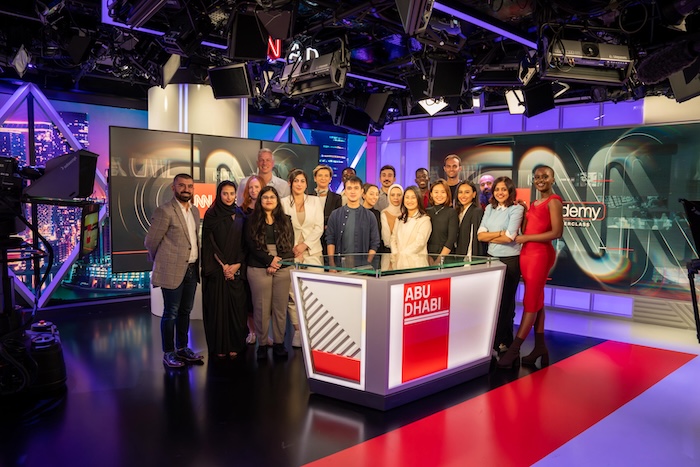
The purpose of this initiative was to empower journalists, content creators, and communicators with the skills and knowledge needed to effectively report on climate-related issues affecting their regions.
This project is part of the Rockefeller Foundation and CNN Academy’s commitment to amplifying diverse voices and promoting accurate and impactful climate reporting.
The Rockefeller Foundation provided $200k in funding for this program. The money, which can only be used by CNN Academy for this program, funded expenses related to the development and delivery of the program, associated staffing costs and funded travel and accommodation costs for the selected participants.
The participants were flown to Abu Dhabi where they spent a week receiving training from CNN’s producers and correspondents. They were taught how to shoot and edit using their mobile phones and learned about how to tell engaging, visual stories.
The following week, they were placed into groups with other CNN Academy participants from around the world and set the challenge of reporting on an unfolding breaking news story in a fictional country. They faced mock news conferences, interviews with role players and were given access to a closed social media platform. Four of the participants were among the winning groups.
After returning to their home countries, the participants received further training and mentorship from top CNN journalists such as Bill Weir as they worked to produce short documentaries on the impact of climate change. The documentaries were later published on CNN.com.
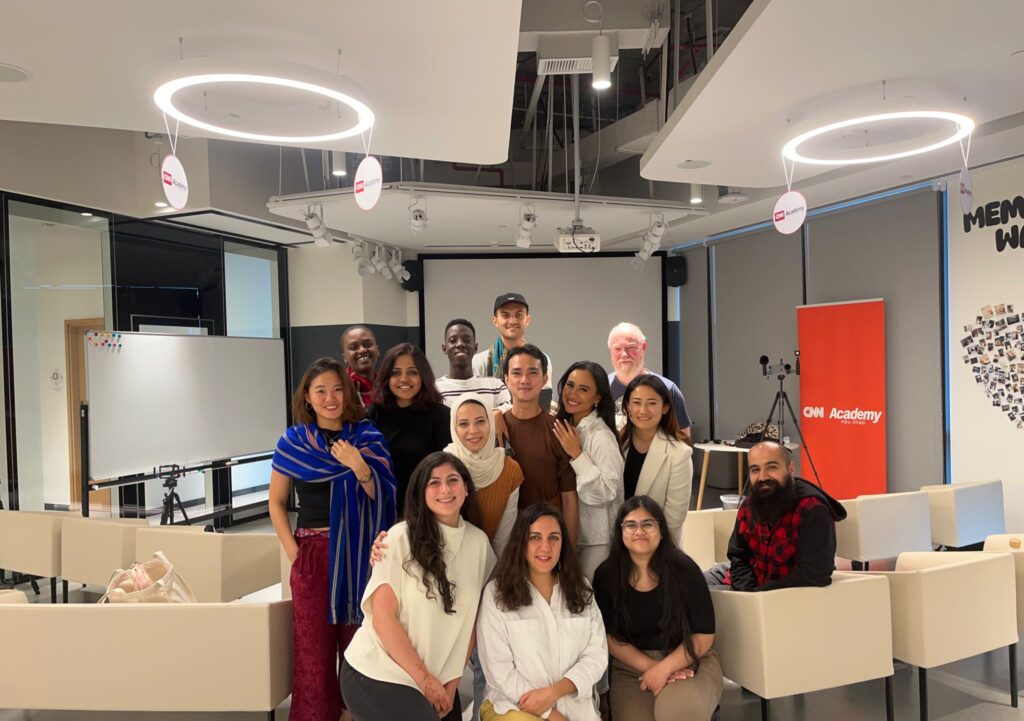
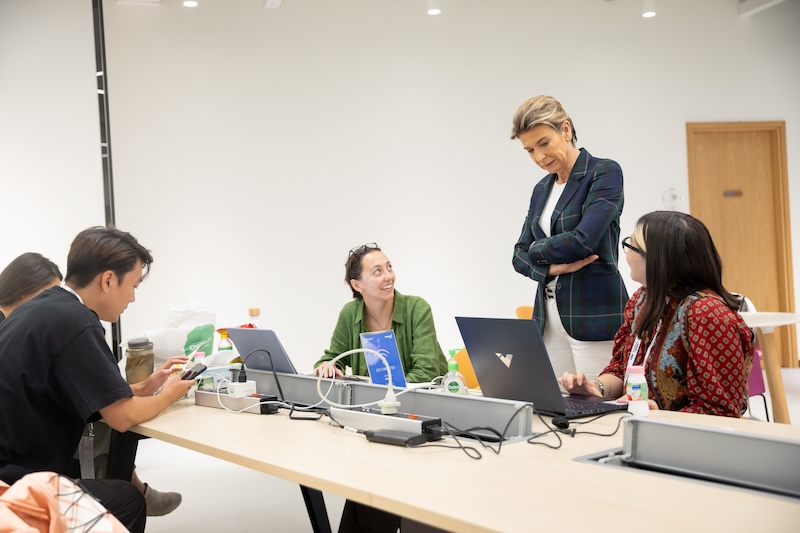
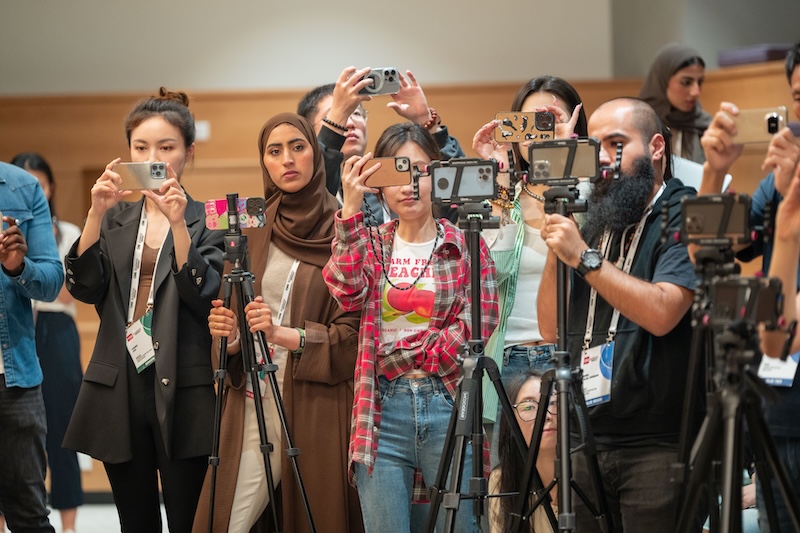
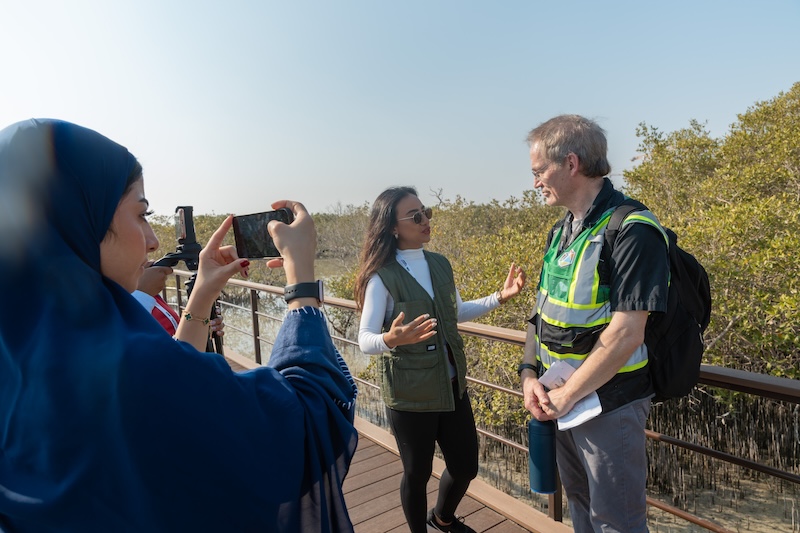
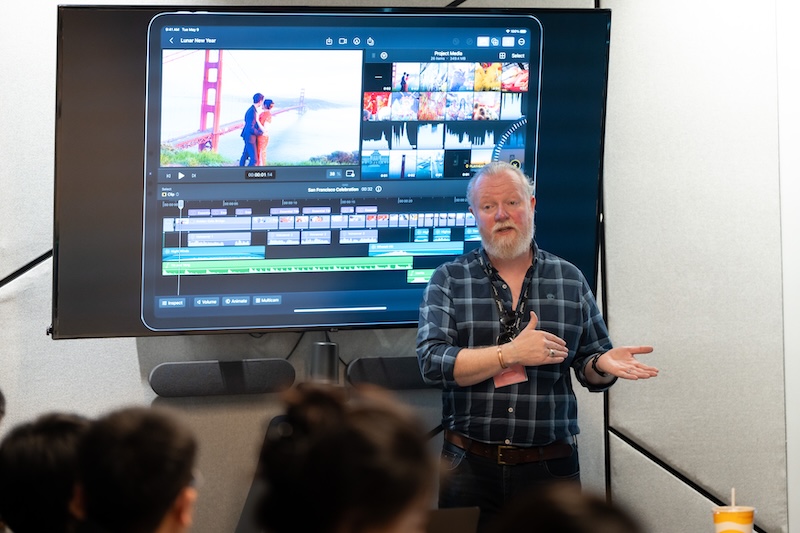
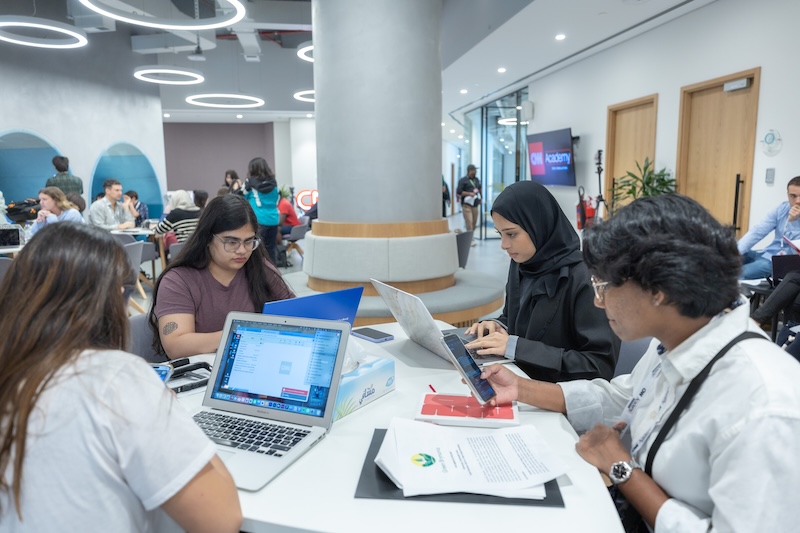
Statistics
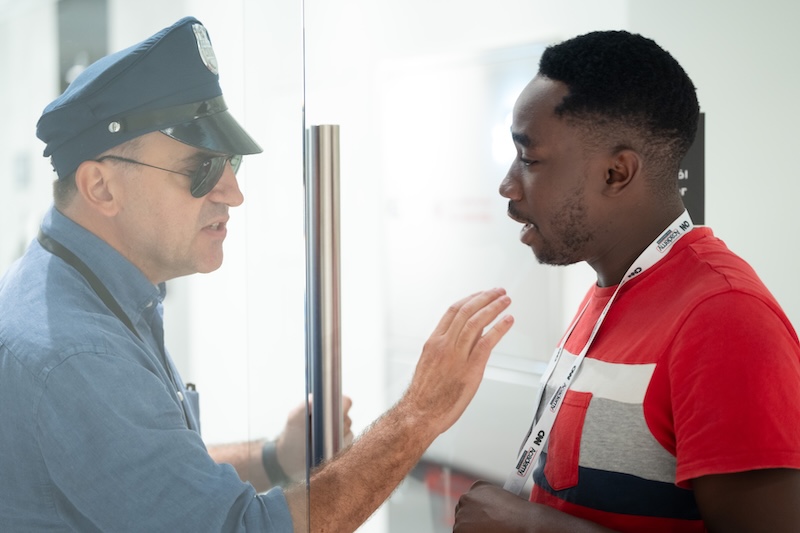
In December 2023, 110 participants from CNN Academy worldwide converged in Abu Dhabi for the second edition of the Climate Storytelling Simulation. Hosted at the state-of-the-art Yas Creative Hub, this immersive program centered on climate reporting, uniting emerging journalists in a week-long experience of intensive journalism training.
The CNN Academy simulation, designed in collaboration with Prof. Rex Brynen of McGill University and Jim Wallman of Stone Paper Scissors, delved into a simulated climate disaster scenario in a fictional country. This dynamic exercise unfolded in real-time, providing trainees with a realistic news environment to test and refine their skills.
Engaging in real-time newsgathering, participants utilized a custom-built social media tool and attended mock press conferences and interviews. The challenge for each team was to craft a comprehensive news package by the end of the week, using content captured on their phones and leveraging mobile journalism training provided beforehand.
It was enlightening, challenging and immersive. I really enjoyed the immersive learning experience.
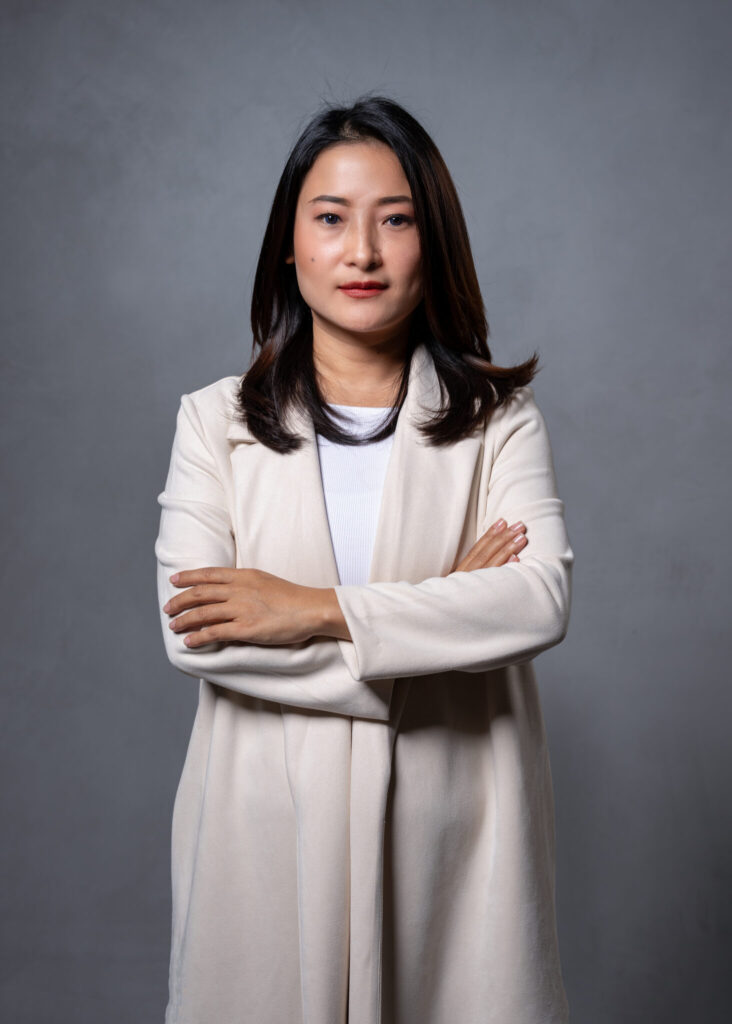
In the CNN Academy simulation, I was not only challenged to push my boundaries but inspired to inspire others, recognizing the imperative to champion diversity and representation, breaking free from blanket narratives in the dynamic field of media.
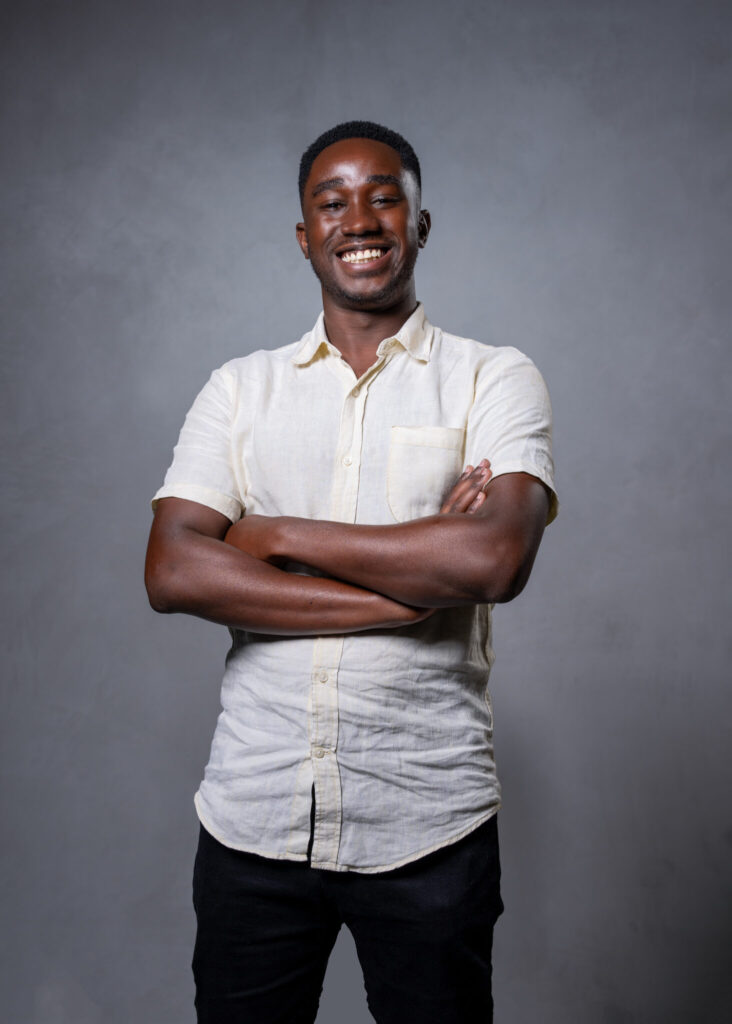
The Rockefeller program has been an incredible experience! I truly appreciated getting to connect with everyone in the group and learn from all the amazing lecturers. Transitioning into the simulation was a bit of an adjustment. I had gotten comfortable with the slower pace and dynamics of the group setting, but the simulation threw me into a whole new world. It taught me so much that I will be taking with me into real life. It gave me a safe space to practice and try new things without the fear of making mistakes. I’m confident that the skills I learned will help me navigate the challenges of the real world.
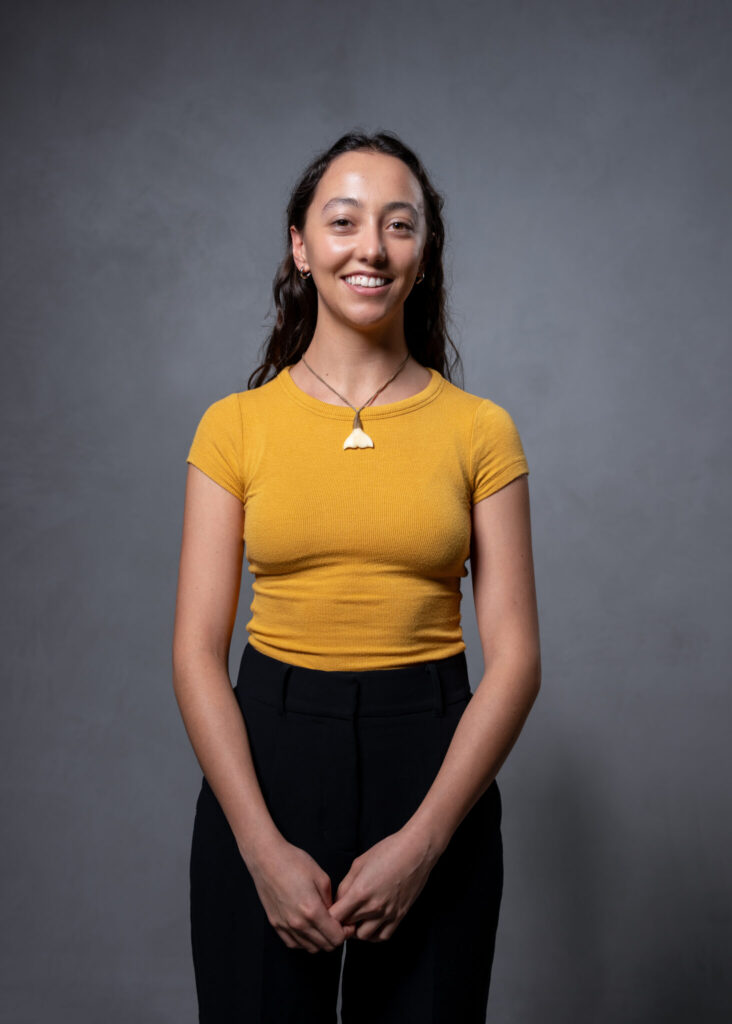
In 1913, John D. Rockefeller established a foundation to use science and technology to solve humanity’s toughest problems at their roots, rather than alleviate their symptoms with charity. More than a century later, employees come to work each day with the same ambitious mindset: we can solve today’s big problems like climate change, not just settle for small improvements.
Today, they are data-driven experts willing to take risks and the long view on the big bets and partnerships needed to scale revolutionary solutions. They remain optimistic about the future — even at a pessimistic, divisive time — because they have seen it’s possible for individuals, parties, and institutions to work, learn, and transform the world together.
The Rockefeller Foundation is legally independent, with its own resources, board of trustees, and mission. Though they share the Rockefeller name with many organizations, the Foundation operates independently and does not control these entities.